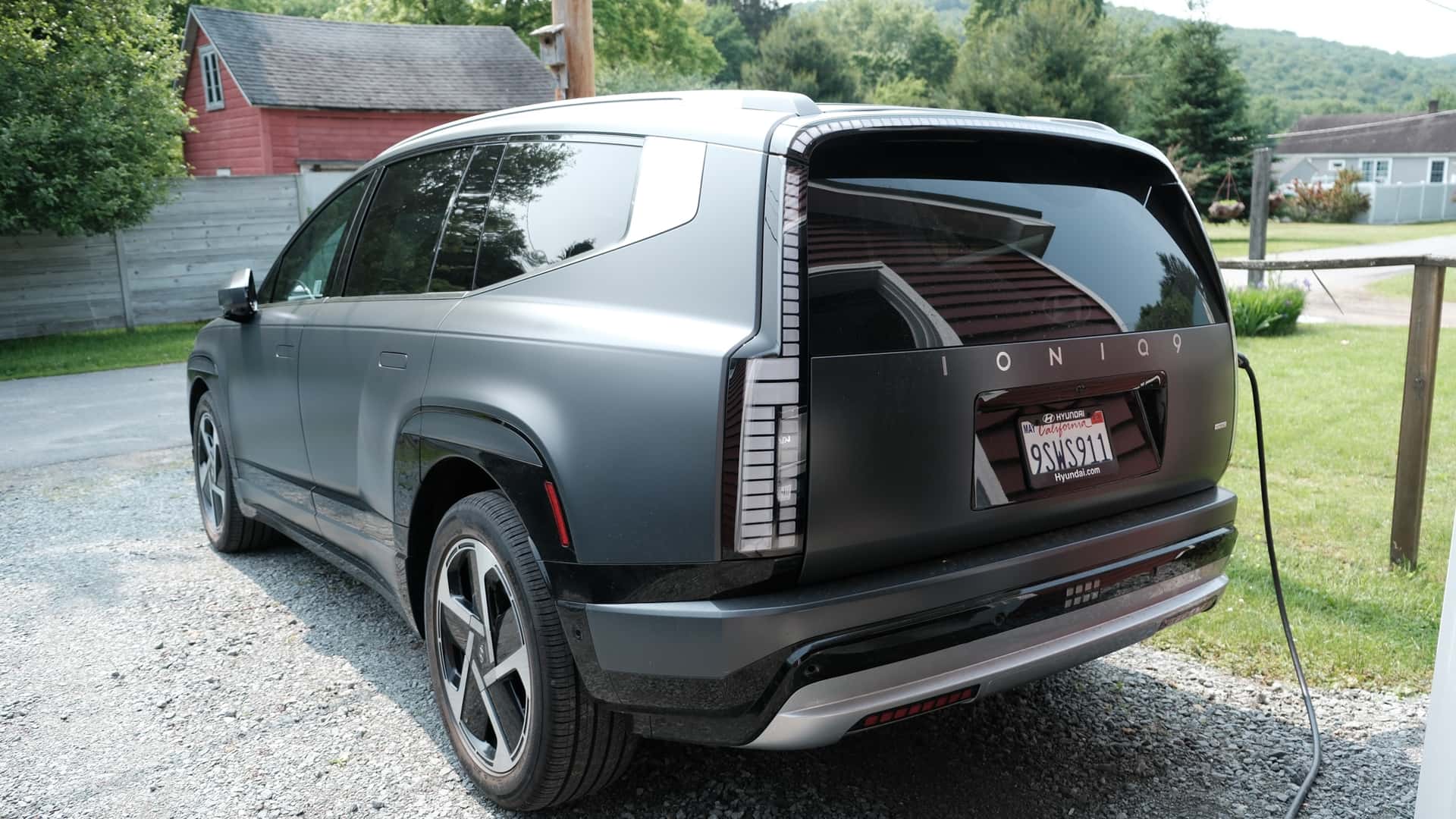Hyundai Ioniq 9’s Charging Performance: A New Era for Electric Vehicles
Hyundai’s latest three-row electric vehicle, the Ioniq 9, has made waves with its impressive charging capabilities. The EVs developed on the E-GMP platform from the Hyundai Motor Group are known for their fast-charging speeds. For instance, the Ioniq 5 can achieve a 10-80% charge in just around 20 minutes, which is faster than many high-end luxury electric cars. Similarly, the Kia EV6 and EV9 have shown commendable performance in this area. Now, with the introduction of the all-new Ioniq 9, it’s time to evaluate how it measures up against these standards.
Initial results are promising. In a test conducted by an independent reviewer, the Ioniq 9 managed to charge from 10-80% in under 24 minutes, aligning closely with Hyundai’s claims regarding its charging speed. During this process, the vehicle reached a peak charging rate of 243 kilowatts, which is quite remarkable.
However, the charging experience can vary depending on the infrastructure used. The Ioniq 9 is the first new Hyundai model to come equipped with a Tesla-style North American Charging System (NACS) port. This allows direct access to Tesla Superchargers, but there’s a significant catch. The Ioniq 9 will take longer to charge when using a Tesla charger compared to other charging stations.
This discrepancy arises from Hyundai’s use of an 800-volt architecture, which provides a major advantage in terms of charging efficiency. By increasing the voltage, the system can handle more power with less current and heat. This makes vehicles like the Ioniq 5, Ioniq 9, Lucid Gravity, and Porsche Taycan stand out as top performers in the charging category. However, most electric vehicles operate on lower-voltage platforms, typically 400 volts. These systems are more common and cost-effective, which is why they are widely used in models such as the Tesla Model 3, Model S, Model X, and Model Y.
The difference in voltage between these platforms explains the variation in charging times. While the Ioniq 9 can leverage its 800-volt system to charge quickly at compatible stations, it may not reach the same speeds when using Tesla Superchargers. This highlights the importance of infrastructure compatibility in the electric vehicle landscape.
As the market for electric vehicles continues to expand, manufacturers are increasingly focusing on optimizing charging speeds and compatibility. The Ioniq 9 represents a step forward in this regard, offering a blend of performance and adaptability. Its ability to charge efficiently on various networks underscores the evolving nature of electric mobility.
In conclusion, the Ioniq 9 demonstrates strong potential as a versatile and efficient electric vehicle. With its advanced 800-volt architecture and compatibility with different charging systems, it is well-positioned to meet the demands of modern drivers. As more consumers transition to electric vehicles, the focus on charging infrastructure and performance will remain a critical factor in shaping the future of transportation.







